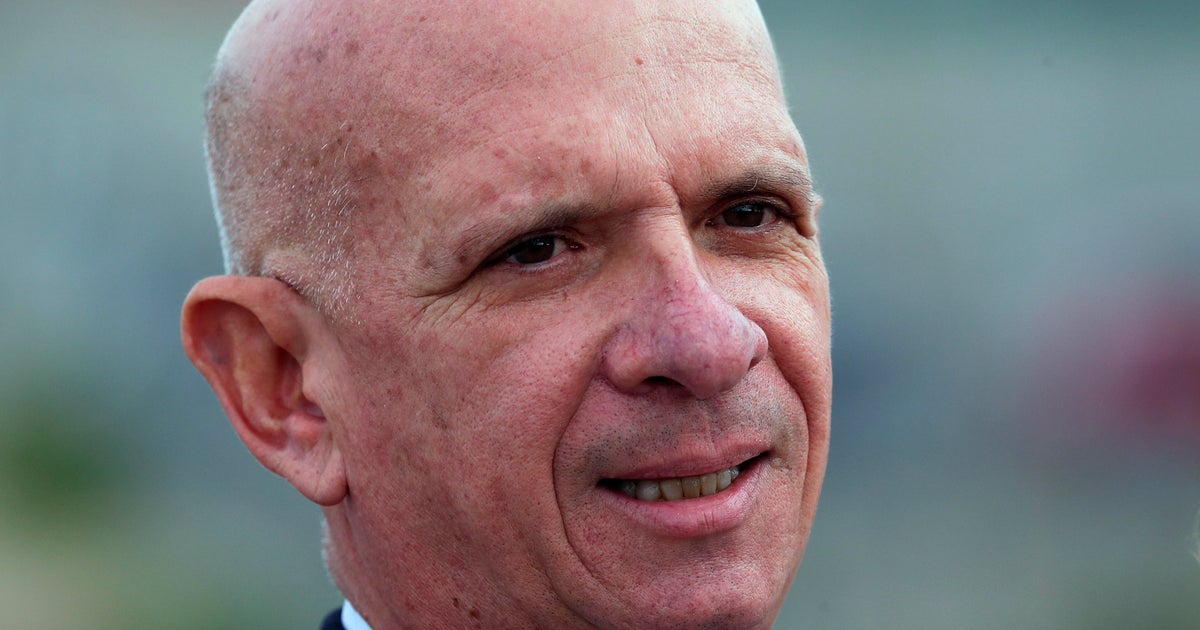MIAMI — A former Venezuelan spymaster, closely associated with the late President Hugo Chávez, pleaded guilty on Wednesday to drug trafficking charges just days before his trial was to begin in a Manhattan federal court.
Breaking: Carvajal’s Guilty Plea Shocks Legal Circles
Retired Maj. Gen. Hugo Carvajal, extradited from Spain in 2023 after years evading U.S. law enforcement, admitted to all four criminal counts, including narco-terrorism. The indictment accuses him of leading a cartel composed of senior Venezuelan military officers that attempted to “flood” the U.S. with cocaine in collaboration with Colombian leftist guerrillas.
50 years — Minimum prison sentence Carvajal faces under federal guidelines.
Known as “El Pollo,” Spanish for “the chicken,” Carvajal was a key advisor to Chávez for over a decade. He later distanced himself from Nicolás Maduro, Chávez’s successor, and supported the U.S.-backed opposition, dramatically urging his former military allies to rebel.
Immediate Impact: Legal and Political Repercussions
The guilty plea, made with no promise of leniency, might be a strategic move by Carvajal to earn future credit for cooperation with U.S. authorities. Although out of power for years, Carvajal’s supporters claim he holds valuable insights into the Venezuelan gang Tren de Aragua and the espionage activities of Maduro’s allies, including Cuba, Russia, China, and Iran.
Key Details Emerge: Potential Cooperation with U.S.
According to Carvajal’s attorney, Robert Feitel, prosecutors have not engaged in plea negotiations or sought to meet with Carvajal. “I think that was an enormous mistake,” Feitel told The Associated Press, suggesting Carvajal has crucial information for national security.
“He’s no angel, he’s a very bad man,” said Gary Berntsen, a former CIA officer. “But we need to defend democracy.”
Background Context: A Decade of Evasion and Capture
Carvajal fled to Spain after a failed military coup attempt in Venezuela. Captured in Madrid in 2021, he had been hiding despite a Spanish extradition order. His capture and extradition mark a significant chapter in the U.S. effort to hold foreign officials accountable for drug trafficking.
In 2011, Carvajal allegedly coordinated the smuggling of 5,600 kilograms of cocaine to Mexico, accepting millions from traffickers.
Expert Analysis: Implications for U.S. and Venezuela
DEA Acting Administrator Robert Murphy commented on Carvajal’s actions, stating that he “exploited his position” to harm the United States. U.S. Attorney Jay Clayton emphasized the commitment to holding corrupt foreign officials accountable.
What Comes Next: Sentencing and Possible Cooperation
Carvajal’s sentencing could set a precedent for handling similar cases involving foreign officials. His potential cooperation might provide critical intelligence on international drug trafficking networks and geopolitical alliances.
As the legal proceedings unfold, the international community watches closely, considering the broader implications for Venezuela’s political landscape and U.S. foreign policy.
